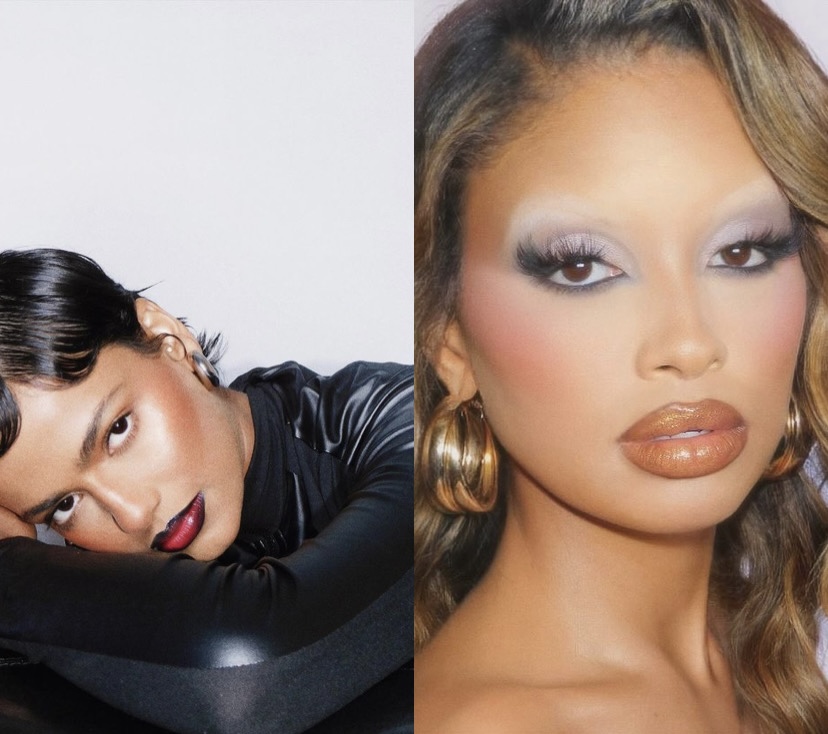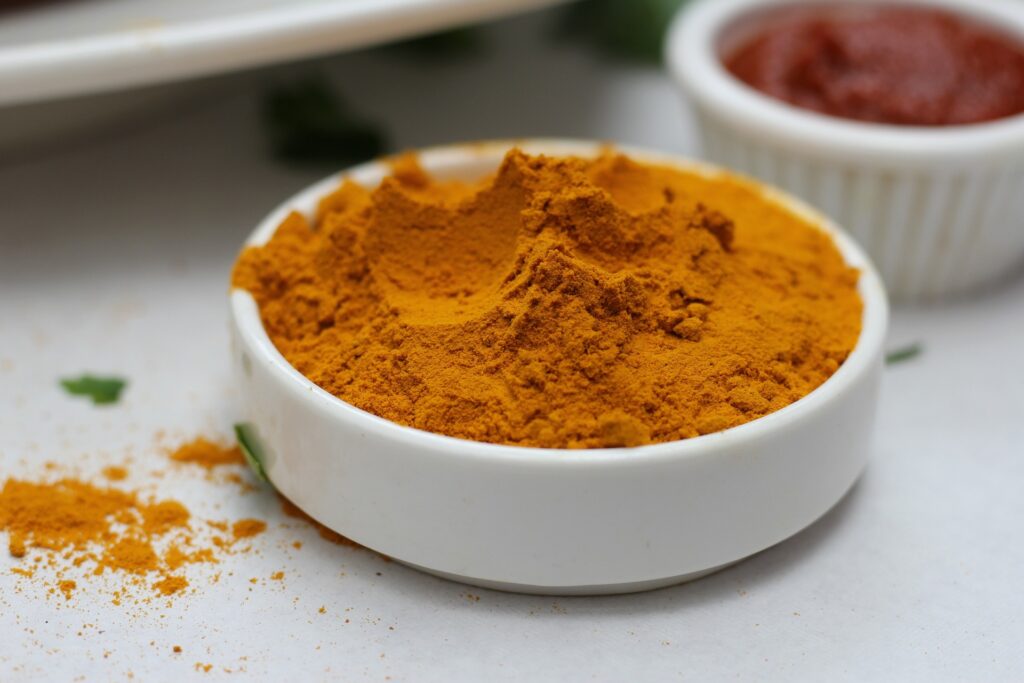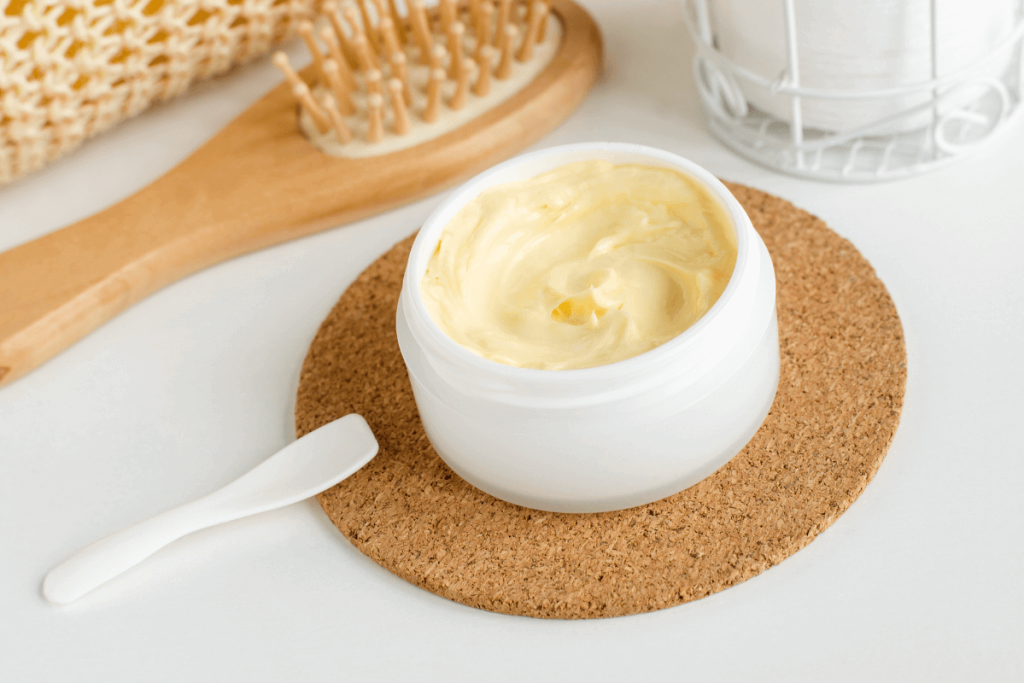
Skin bleaching is the practice of using various creams, lotions, and other products to lighten one’s skin tone. It has unfortunately become a widespread phenomenon, especially across Africa as a whole. While the allure of achieving a “fairer” complexion may seem attractive, the reality is that skin bleaching poses serious health risks and is often rooted in deeper societal issues of colorism and prejudice.
Why do people engage in skin bleaching?
The desire to lighten one’s skin is often fueled by the societal perception that lighter skin is more desirable, beautiful, and associated with higher social status. This harmful narrative stems from a history of colonialism, as well as pervasive media and advertising that showcases eurocentric beauty standards as desirable. Many individuals, particularly women, may feel immense pressure to conform to these unrealistic ideals.
READ ALSO: Actress Linda Osifo Reveals She Contemplated Bleaching Her Skin
The dangers of skin bleaching
Skin bleaching products commonly contain hazardous ingredients such as mercury, hydroquinone, and corticosteroids. Exposure to these substances can lead to a host of serious health problems, including mercury poisoning, skin thinning, easy bruising, acne, and even kidney or liver damage. Long-term use can also result in permanent discoloration, scarring, and increased sensitivity to the sun.
In recent times, National Agency for Food and Drug Administration and Control (NAFDAC) has banned the sale and distribution of the popular skin bleaching cream, Caro White. This decision came after investigations revealed that the cream contained dangerous levels of hydroquinone, a banned substance linked to various health risks, including cancer.
Differentiating skin lightening, brightening, and whitening
It’s important to understand the distinction between skin lightening, brightening, and whitening, as these terms are often used interchangeably, but refer to different processes and outcomes.
1. Skin lightening: Refers to the reduction of melanin production, resulting in a lighter complexion.
2. Skin brightening: Aims to reduce the appearance of dark spots, hyperpigmentation, and uneven skin tone, without necessarily changing the overall skin color.
3. Skin whitening: Seeks to achieve a uniform, porcelain-like complexion, often through more aggressive and potentially harmful means.
4. Skin bleaching: The most extreme form, which involves the use of chemicals to lighten the skin tone.
READ ALSO: BBNaija Star Doyin Recounts Her Experience With Bleaching
The research on skin bleaching
A study published in the PubMed Central journal explored the reasons behind bleaching. The findings revealed that one of the reasons for skin bleaching was to possess smooth and healthy skin, to look beautiful and to obtain social favours such as marriage and good jobs.
Here are some of the key ingredients to look out for in skin bleaching products:
Mercury
Mercury is a highly toxic substance that is unfortunately still found in some skin lightening products, particularly in certain parts of the world. Exposure to mercury can lead to mercury poisoning, which can cause severe skin discoloration, rashes, scarring, and even neurological damage.
Hydroquinone
Hydroquinone is a common skin-lightening ingredient that works by inhibiting the production of melanin. While it can be effective, prolonged use of hydroquinone has been linked to increased skin irritation, increased sun sensitivity, and in some cases, a condition called ochronosis, which causes the skin to darken.
Corticosteroids
Corticosteroids are anti-inflammatory drugs that can also have a skin-lightening effect. However, long-term use can lead to skin thinning, easy bruising, and other adverse effects.
Kojic acid
Kojic acid is a natural skin-lightening ingredient derived from fungi. While generally considered safer than some other options, high concentrations or prolonged use can still cause irritation, redness, and sun sensitivity.
Glutathione
Glutathione is an antioxidant that has been promoted for its skin-lightening properties. While it may be less harsh than some other ingredients, there is limited research on its long-term safety and effectiveness.
Ensure to thoroughly research any skincare product and its ingredients before use. While the desire for an even complexion is understandable, embracing one’s natural beauty and focusing on gentle, effective skin care routines that promote overall skin health is the safest approach.
If you’re concerned about hyperpigmentation or uneven skin tone, it’s always best to consult a dermatologist for professional advice and safe treatment options.












